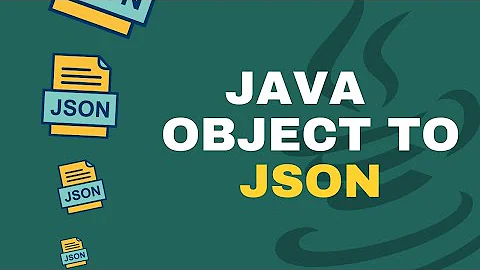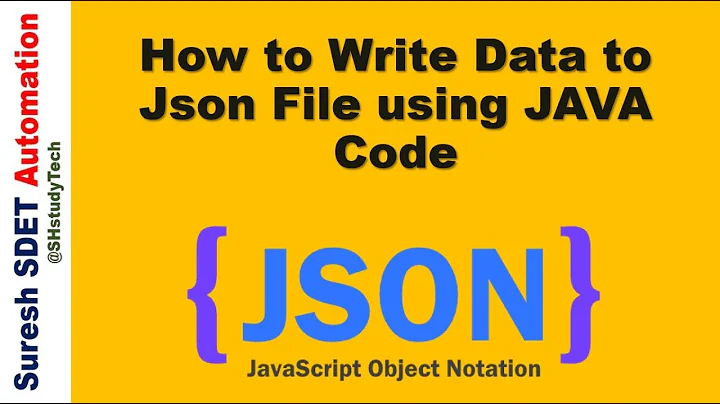How do I write a JSON Format for an object in the Java library that doesn't have an apply method?
It's not necessarily apply or unapply functions you need. It's a) a function that constructs whatever the type you need given some parameters, and b) a function that turns an instance of that type into a tuple of values (usually matching the input parameters.)
The apply and unapply functions you get for free with a Scala case class just happen to do this, so it's convenient to use them. But you can always write your own.
Normally you could do this with anonymous functions like so:
import java.sql.Timestamp
import play.api.libs.functional.syntax._
import play.api.libs.json._
implicit val timestampFormat: Format[Timestamp] = (
(__ \ "time").format[Long]
)((long: Long) => new Timestamp(long), (ts: Timestamp) => (ts.getTime))
However! In this case you fall foul of a limitation with the API that prevents you from writing formats like this, with only one value. This limitation is explained here, as per this answer.
For you, a way that works would be this more complex-looking hack:
import java.sql.Timestamp
import play.api.libs.functional.syntax._
import play.api.libs.json._
implicit val rds: Reads[Timestamp] = (__ \ "time").read[Long].map{ long => new Timestamp(long) }
implicit val wrs: Writes[Timestamp] = (__ \ "time").write[Long].contramap{ (a: Timestamp) => a.getTime }
implicit val fmt: Format[Timestamp] = Format(rds, wrs)
// Test it...
val testTime = Json.obj("time" -> 123456789)
assert(testTime.as[Timestamp] == new Timestamp(123456789))
Related videos on Youtube
Meredith
Updated on June 04, 2022Comments
-
Meredith almost 2 years
I've been stuck on this particular problem for about a week now, and I figure I'm going to write this up as a question on here to clear out my thoughts and get some guidance.
So I have this case class that has a java.sql.Timestamp field:
case class Request(id: Option[Int], requestDate: Timestamp)and I want to convert this to a JsObject
val q = Query(Requests).list // This is Slick, a database access lib for Scala printList(q) Ok(Json.toJson(q)) // and this is where I run into trouble"No Json deserializer found for type List[models.Request]. Try to implement an implicit Writes or Format for this type." Okay, that makes sense.
So following the Play documentation here, I attempt to write a Format...
implicit val requestFormat = Json.format[Request] // need Timestamp deserializer implicit val timestampFormat = ( (__ \ "time").format[Long] // error 1 )(Timestamp.apply, unlift(Timestamp.unapply)) // error 2Error 1
Description Resource Path Location Type overloaded method value format with alternatives: (w: play.api.libs.json.Writes[Long])(implicit r: play.api.libs.json.Reads[Long])play.api.libs.json.OFormat[Long] <and> (r: play.api.libs.json.Reads[Long])(implicit w: play.api.libs.json.Writes[Long])play.api.libs.json.OFormat[Long] <and> (implicit f: play.api.libs.json.Format[Long])play.api.libs.json.OFormat[Long] cannot be applied to (<error>, <error>)Apparently importing like so (see the documentation "ctrl+F import") is getting me into trouble:
import play.api.libs.json._ // so I change this to import only Format and fine import play.api.libs.functional.syntax._ import play.api.libs.json.Json import play.api.libs.json.Json._Now that the overloading error went away, I reach more trubbles:
not found: value __I imported.../functional.syntax._already just like it says in the documentation! This guy ran into the same issue but the import fixed it for him! So why?! I thought this might just be Eclipse's problem and tried toplay runanyway ... nothing changed. Fine. The compiler is always right.Imported play.api.lib.json.JsPath, changed
__toJsPath, and wallah:Error 2
value apply is not a member of object java.sql.Timestamp
value unapply is not a member of object java.sql.TimestampI also try changing tacks and writing a Write for this instead of Format, without the fancy new combinator (
__) feature by following the original blog post the official docs are based on/copy-pasted from:// I change the imports above to use Writes instead of Format implicit val timestampFormat = new Writes[Timestamp]( // ERROR 3 def writes(t: Timestamp): JsValue = { // ERROR 4 def is underlined Json.obj( /* Returns the number of milliseconds since January 1, 1970, 00:00:00 GMT represented by this Timestamp object. */ "time" -> t.getTime() ) } )ERROR 3:
trait Writes is abstract, cannot be instantiatedERROR 4:
illegal start of simple expressionAt this point I'm about at my wits' end here, so I'm just going back to the rest of my mental stack and report from my first piece of code
My utter gratefulness to anybody who can put me out of my coding misery -
Meredith almost 11 yearsShoot now I'm running into a NullPointerException when I'm actually trying toJson()... and I'm not trying to serialize any null values even though that shouldn't cause an error?...
-
Mikesname almost 11 years@MeredithLeu: Make sure that if your Reads/Writes/Formats refer to either themselves or other R/W/F defined later in the same object with circular dependencies, that you use the
lazyFormathelpers. Otherwise it can compile but give NPE at runtime. I just ran into this issue myself. See the treatment of recursive format definitions here. -
Meredith almost 11 yearsBut I don't have any circular dependencies in my schema... I have foreign keys to other objects, but none of them point back.
-
Mikesname almost 11 yearsIt's hard to help without seeing more of your code and a stacktrace (in another question, perhaps.) NPE errors in Scala often relate to the order the variables are initialized in a class or object. If you attempt to use one (i.e. in a Reads/Writes/Format) before it is initialised the value will be null and it will crash at Runtime.
-
Meredith almost 11 yearsI got it fixed! It was the Request object itself that was being unhappy with the Timestamp field. This was my hack around it:
lazy implicit val requestFormat = Json.format[Request]And that was all! More details are located here. -
Mikesname almost 11 yearsYep, that's the order of initialization gotcha I mentioned. Your Request format is being generated (magically, by the macro) before the timestamp format, which it depends on. I think you could've just stuck the timestamp format code above the line
implicit val requestFormat = Json.format[Request]and it would've worked without thelazymodifier. -
Meredith almost 11 yearsWow. Yeah that worked. Wow. Okay. Order of implicit val declaration matters. Wow. I spent a few hours on the order of my code. Well, I learned quite a bit at least.








